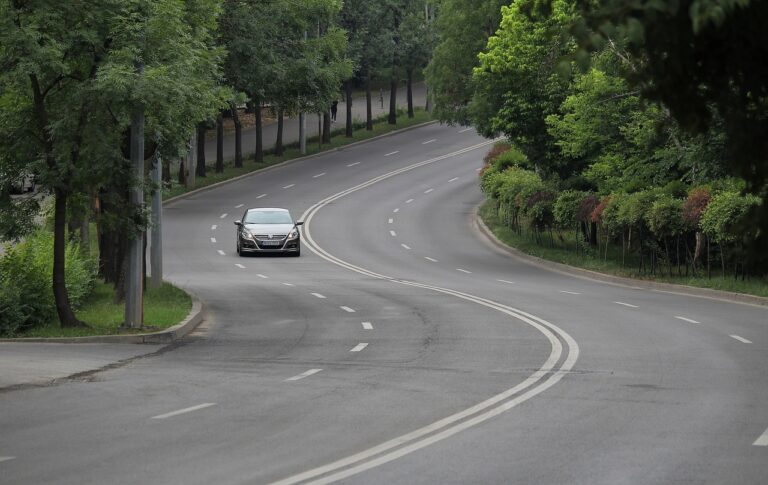The Impact of Car Sharing on Real Estate Development and Parking Spaces: Silverexch.com, Goldenexchange, Betbook247.com
silverexch.com, goldenexchange, betbook247.com: Car sharing has quickly grown in popularity in recent years, with companies like Zipcar and Car2Go making it easier than ever for people to access a vehicle when they need one. This trend is not only changing the way we think about transportation but also having a significant impact on real estate development and parking spaces in cities around the world.
Impact on Real Estate Development:
1. Reduced demand for parking spaces: With more people opting to use car-sharing services instead of owning a car, the demand for parking spaces in residential and commercial buildings has decreased. This has allowed developers to rethink how they allocate space in new projects, potentially freeing up room for amenities or green spaces.
2. Increased focus on accessibility: As car sharing becomes more prevalent, developers are starting to prioritize locations that are easily accessible by public transportation and bike lanes. This shift is making urban living more convenient and reducing the need for residents to rely on personal vehicles.
3. Opportunities for mixed-use developments: Car-sharing services are creating opportunities for mixed-use developments that combine residential, commercial, and transportation options in one location. This can help create vibrant, walkable neighborhoods that cater to a variety of needs.
Impact on Parking Spaces:
1. Reduced demand for on-street parking: As more people choose to use car-sharing services, the demand for on-street parking spaces is decreasing. This can potentially free up space for bike lanes, pedestrian walkways, or outdoor dining areas, making cities more livable for residents and visitors alike.
2. Increased demand for designated car-sharing spaces: While the demand for traditional parking spaces may be decreasing, there is a growing need for designated spots for car-sharing vehicles. Developers and city planners are starting to incorporate these spaces into their designs to ensure that car-sharing users have convenient access to vehicles.
3. Potential for shared parking arrangements: In some cases, developers are exploring shared parking arrangements that allow multiple users to access the same parking space at different times. This can help maximize the use of parking resources and reduce the overall need for dedicated parking spaces.
FAQs:
Q: Will car sharing reduce the need for personal vehicles altogether?
A: While car sharing is changing the way people think about car ownership, it is unlikely to completely eliminate the need for personal vehicles. However, it can help reduce the number of cars on the road and make urban living more sustainable.
Q: How can developers incorporate car sharing into their projects?
A: Developers can work with car-sharing companies to designate parking spaces for their vehicles, provide incentives for residents to use car-sharing services, or even partner with car-sharing companies to offer on-site vehicles for residents to use.
Q: Is car sharing impacting property values?
A: There is some evidence to suggest that proximity to car-sharing services can increase property values in certain areas. Residents value the convenience and flexibility of having access to a vehicle without the expense of ownership.
In conclusion, the rise of car sharing is reshaping the way we think about transportation, real estate development, and parking spaces. By embracing this trend, developers and city planners can create more sustainable, accessible, and vibrant communities for residents and visitors alike.







